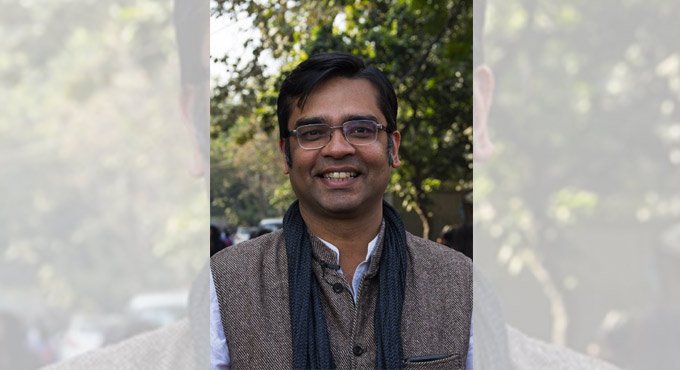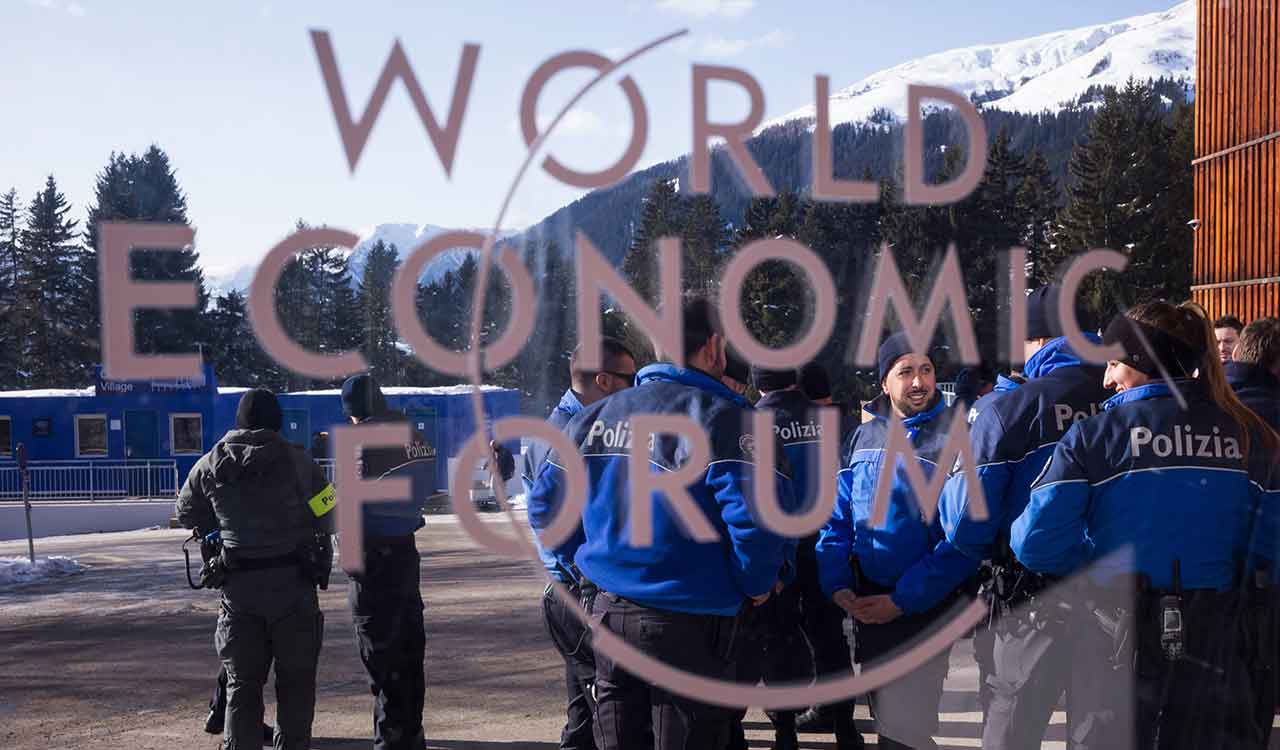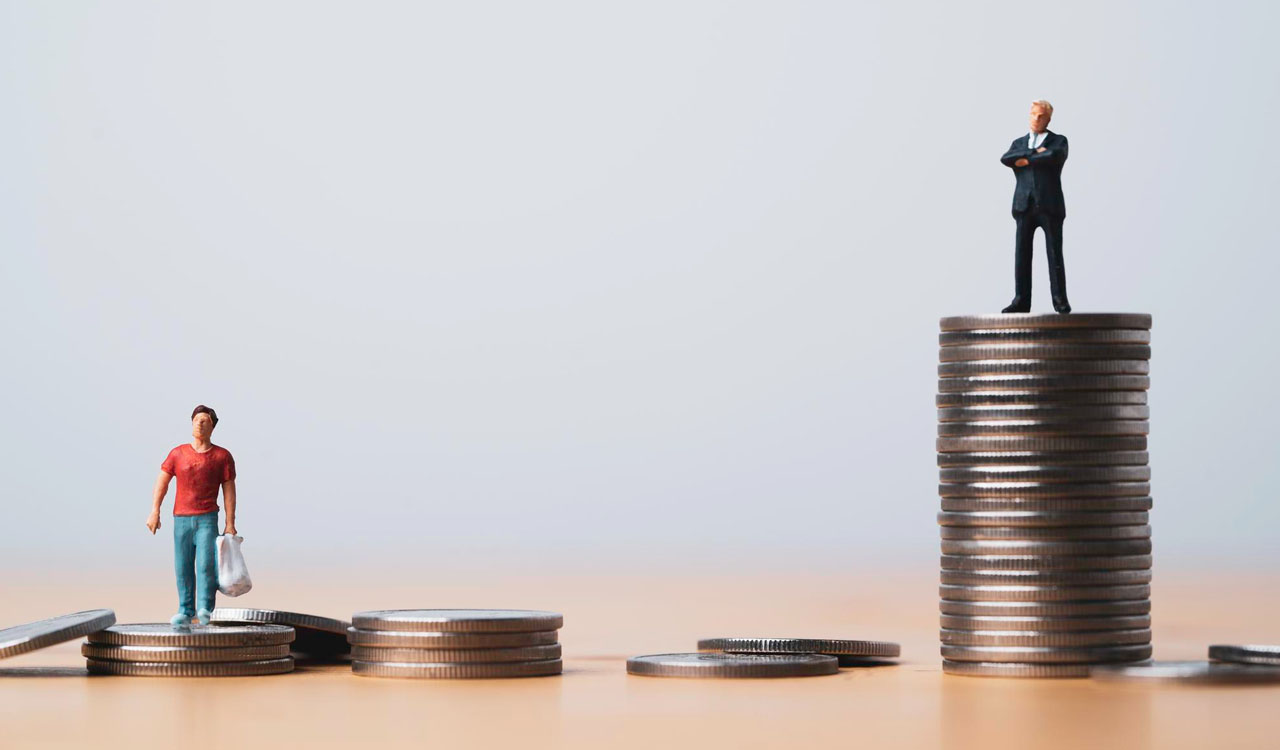Progressive taxation for equitable recovery: Oxfam India
The government should commit to the reduction of inequality by setting a timeline

India’s 100 billionaires have seen their fortunes increase by Rs 12,97,822 crores since March 2020, enough to give every one of the 13.8 crore poorest Indians a cheque for Rs 94,045 each. It would take an unskilled worker 10,000 years to make what Mukesh Ambani made in an hour during the pandemic. Amitabh Behar, CEO, Oxfam India shares with Y V Phani Raj major findings from the latest India supplement of the Oxfam report “The Inequality Virus” and way forward for India. Excerpts-
Wealth trends
The rich individuals and corporates could recover easily from the economic crisis whereas the poor and the marginalised have been hit the hardest and are still dealing with the fallout of loss of income and livelihood. The top 11 billionaires of India increased their wealth by Rs 7 lakh crore during the first six months of the pandemic. This is enough to run the health ministry or the NREGA scheme for the next 10 years.
Impact on education
The closure of educational institutions and move to virtual education affected 32 crore students in India till the month of October. Of those affected the most, 84 per cent resided in rural areas and 70 per cent attended government schools. About 40 percent of teachers in government schools fear that the prolonged school closure might lead to a third of the students not returning once schools reopen. Out of the poorest 20 per cent households in India, only 2.7 per cent have access to a computer and 8.9 per cent to internet facilities. Only 15.5 per cent rural girls can either use a computer or the internet.
Health burden
In rural India, 17.6 per cent of the population depends on sub-centres and government hospitals and 26 per cent depends on PHCs and CHCs. But the deployment of the staff on Covid-19 duties in rural areas, which already has comparatively sparse health infrastructure and human resource availability, leading to higher disruption of essential health services of the rural population. If India’s top 11 billionaires are taxed at just one per cent on the increase in their wealth during the pandemic, it will be enough to increase the allocation of Jan Aushadhi Scheme by 140 times, which provides affordable medicines to the poor and marginalised.
Impact on livelihood
Impact has been the most on informal workers and women. Informal workers are devoid of any social security benefits and are not regulated by the government. Out of a total 122 million who lost their jobs, 75 per cent which account for 92 million jobs were lost in the informal sector. Unemployment for women rose by 15 per cent from a pre-lockdown level. We have estimated that the increase in unemployment of women can result in a loss to India’s GDP of about 8 per cent or $218 billion.
Solving the problem
The government should commit to the reduction of inequality by setting a timeline for regular revisiting and tracking of the indicators and index at the State and national level that were identified as per SDG-10. There should be higher budgetary allocations to reinvigorate public health and education systems. Informal workers should be formalised through written contracts and provided access to social security benefits such as medical, paid and maternity leave, and provident fund; and minimum wages should be revised and enhanced at regular intervals on the basis of Consumer Price Index with monitoring mechanisms. Progressive taxation of the richest members of the society must be the cornerstone of any equitable recovery from the crisis.
Policy making
We need to have more progressive tax policies. For instance, introducing a temporary tax on companies making windfall profits during the pandemic. Even in a non-pandemic scenario, it is imperative for our policies to be pro-poor, and derive most of our tax revenue from the wealthiest individuals and corporations. For this, India needs to rely more on direct taxes than indirect taxes.
Equality possible?
Yes, equality is doable and not a myth. There have to be a ton of policy prescriptions and citizen-centric actions designed to achieve equality in India. Yes, this will certainly take time but short-term policy actions will result in reducing the gaps between the rich and poor.
Now you can get handpicked stories from Telangana Today on Telegram everyday. Click the link to subscribe.
Click to follow Telangana Today Facebook page and Twitter .
Related News
-
Odisha government reviews protection of Lord Jagannath temple lands
4 hours ago -
Iran holds military drills with Russia as US carrier moves closer
4 hours ago -
This is taxpayers’ money: Supreme Court raps freebies culture
5 hours ago -
Hyderabad: Residents oppose Gandhi Sarovar Project over ‘forcible’ land acquisition
5 hours ago -
Australia level series as Indian women slide to 19-run defeat in second T20I
5 hours ago -
Karnataka beat Uttarakhand in semis, to face Jammu and Kashmir in Ranji final
5 hours ago -
Five Osmania varsity players in South Zone squad for Vizzy Trophy
5 hours ago -
Disciplined West Indies bundle out Italy with ease, tops Group C in T20 WC
5 hours ago




